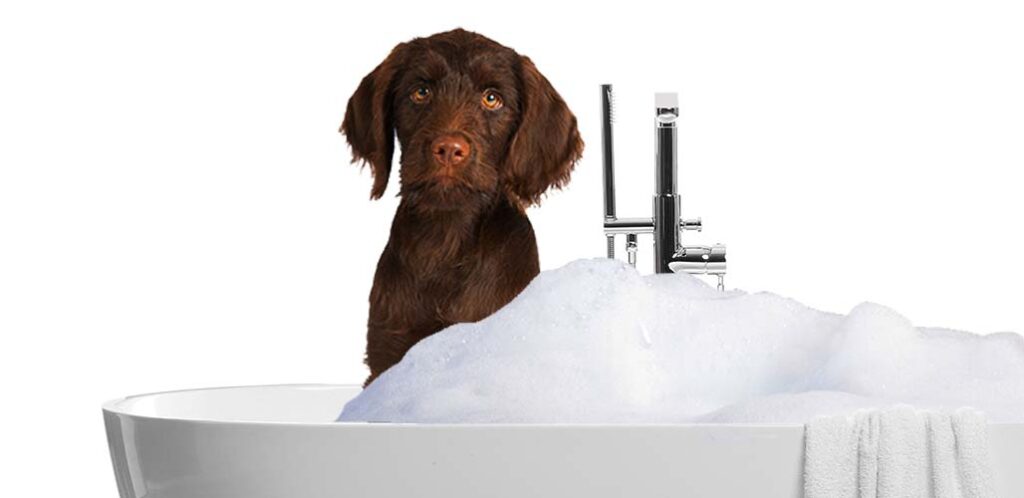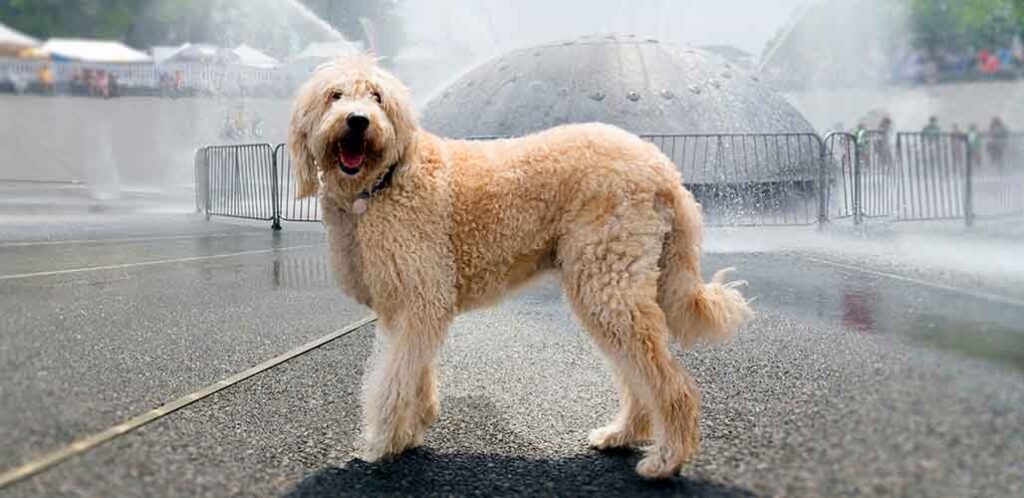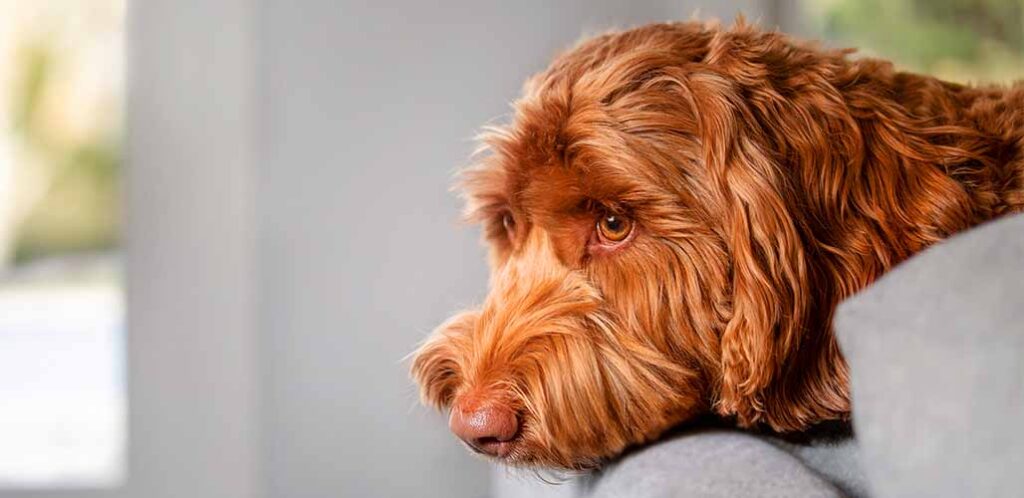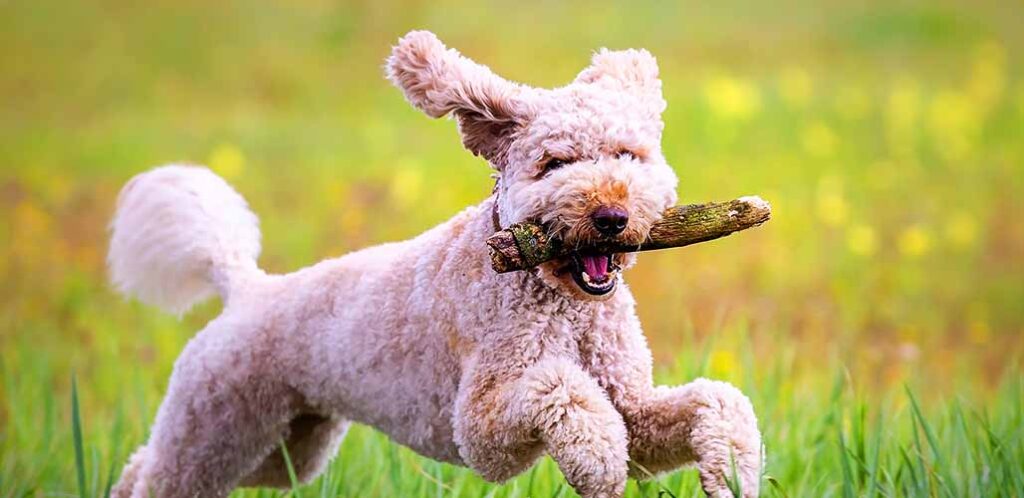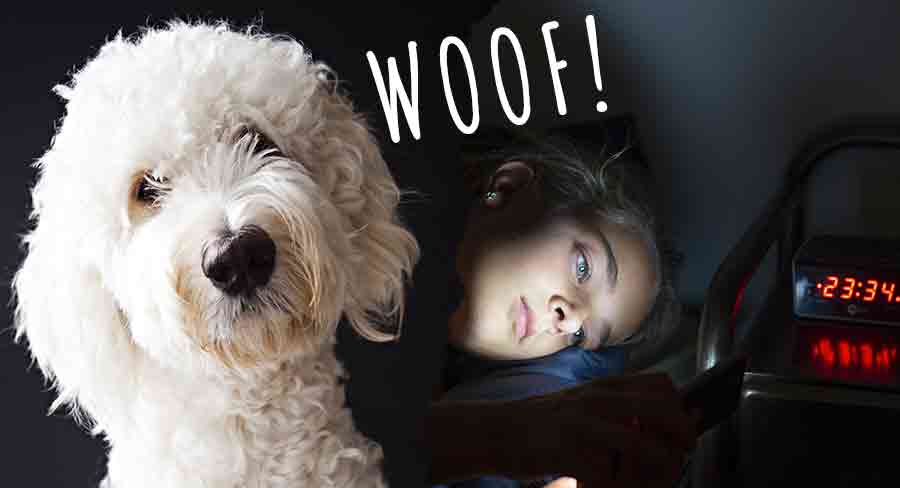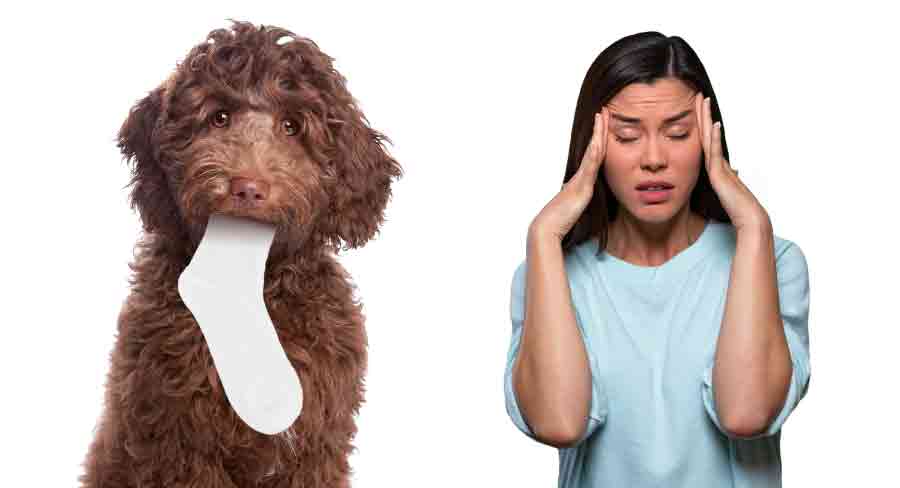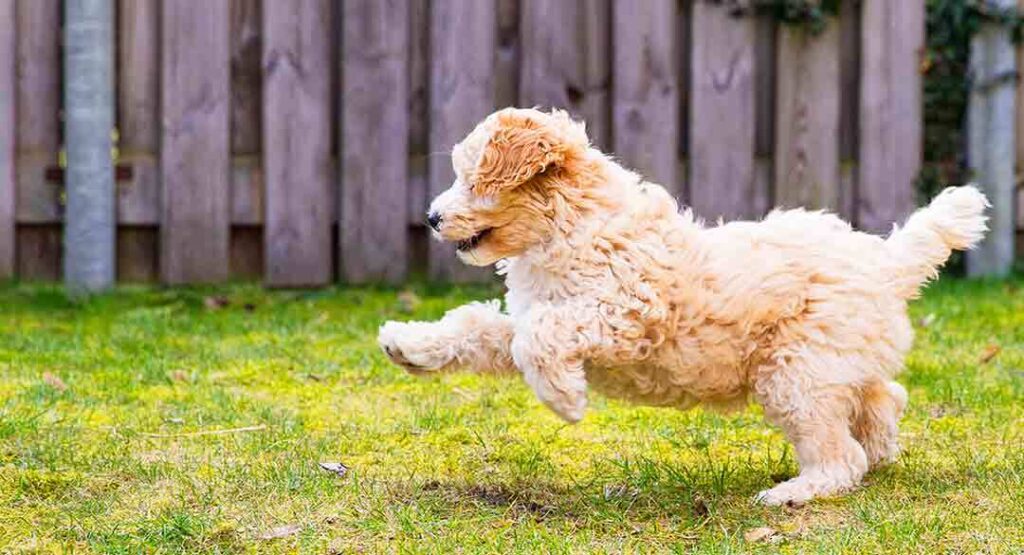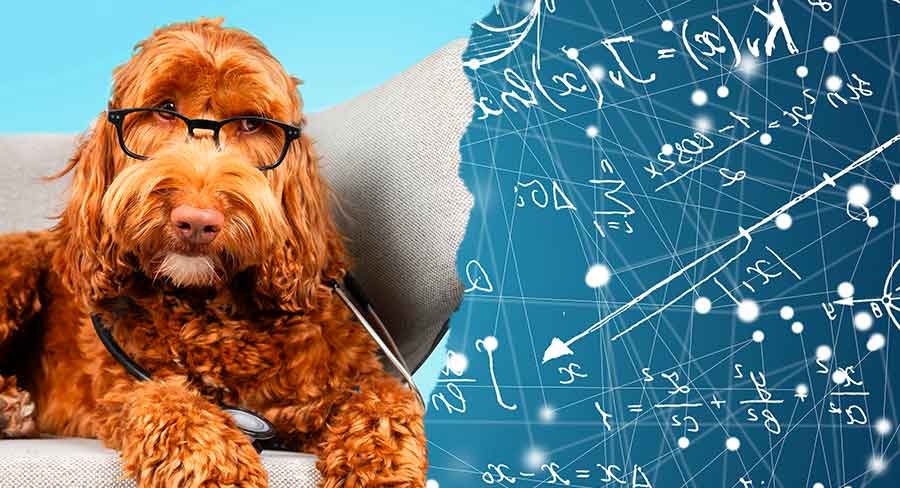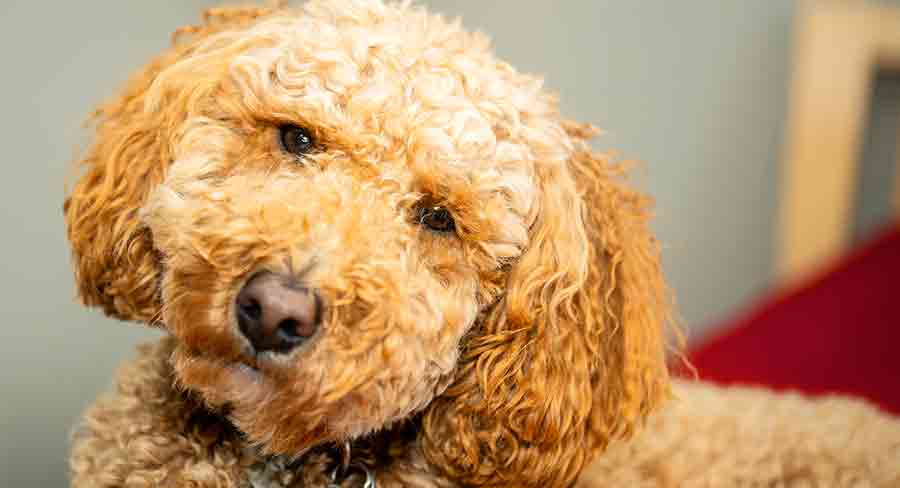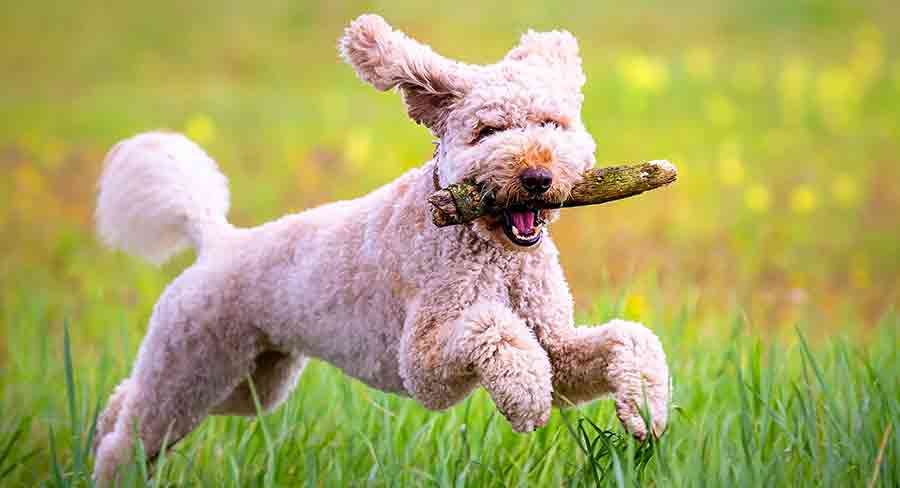Why Does My Dog Hate Baths?
Why does my dog hate baths? No matter whether my dog sleeps on the sofa all day or spends all of his time running in my backyard, he always eventually gets very dirty. Baths are an essential part of every grooming regime – but that doesn’t mean all dogs will like them. There are lots …

